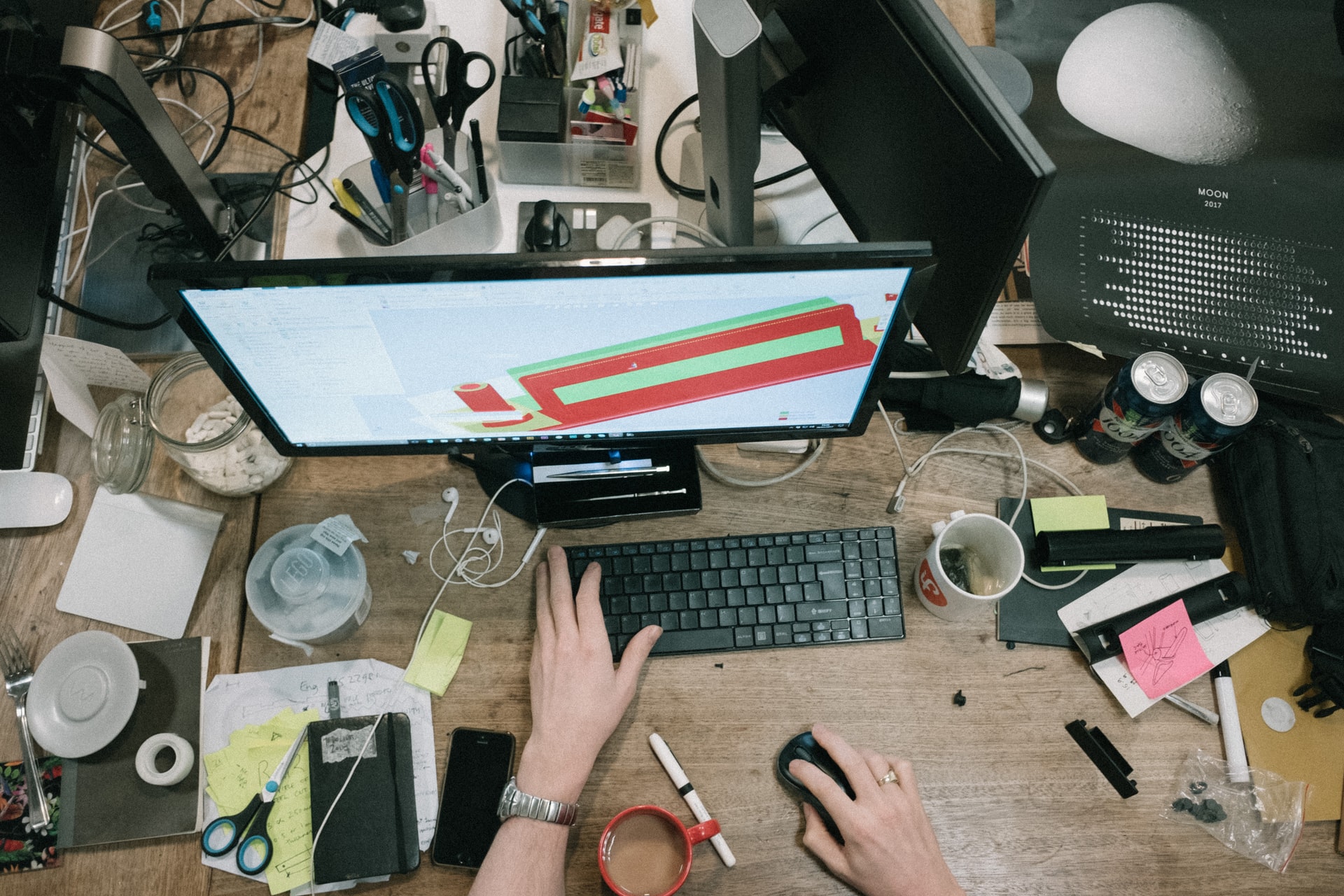
Image from Robert Bye on Unsplash
If only there were more hours in the day!
It’s a familiar lament, but has the shift to remote (home) working actually made that wish come true? Speaking for myself, I’ve certainly cut out a lot of business travel. The commute is from bedroom to lounge (from room to Zoom) and I can’t say I’ve missed the experience of traffic jams and being late for meetings.
It’s now possible to pack multiple meetings into the day – no more pesky journeys in between. It’s easier, cheaper, so much more efficient!
But can I suggest that all this comes with a health warning?
Walls aren’t just made of bricks; the mortar plays a role too!
Let’s run with that metaphor for a moment.
- Think of your working day as a wall (it’s a finite size, like hours in a day).
- The bricks are those times of the day when you’re doing tasks (producing).
- The mortar in between is the remainder of the time.
In theory, you could get more done by having more bricks and thinner mortar. But for the wall to work you need sufficient mortar (and space) between the bricks. Too much mortar and you squeeze out the bricks (not enough stuff gets done!).
So, I’d like to make a case for valuing the mortar, that ‘in-between’ stuff that keeps up happy, healthy and productive.
Here are some examples:
Small talk
This might be, “how was your weekend?” a casual inquiry before you get down to business.
The term ‘small talk’ is an unfortunate term (a bit like ‘soft skills’). It implies something of lesser importance, not be taken seriously. But something small can make a huge difference to the way a conversation goes and the future path of that relationship.
Let’s call it ‘human talk’.
Small talk (‘phatic communication’) is not really about the content of the conversation at all; it’s signalling that you’re open-hearted and feeling positive about the encounter.
The time to understand
Getting down to business too early in a conversation or failing to ‘read’ the other person can result in a lack of human connection and an absence of understanding about the other party.
Taking time to truly understand people is a vital part of building productive relationships. You might think that means less time to deal with the business at hand but it’s a critical investment.
When you take an interest in people they feel valued, understood, they warm to you, you buy yourself time to think of what to say next and you gather valuable intelligence. That’s an amazing return for that investment!
Time to learn
When the first lock-down came in this year most of my work disappeared (temporarily I’m pleased to say). But I took the opportunity to read some of the personal development books on my shelves and update (and upgrade) my workshop content.
If you’re really busy delivering work that’s great, but when you’re busy chopping the axe gets blunt. Take some time between tasks to sharpen the blade.
Sleep
It’s estimated that in an average lifetime we spend one third of it asleep – what a waste! Didn’t Margaret Thatcher get by on 4 hours’ sleep a night? If only we could reduce those lost hours we could achieve so much more; after all, waking hours = working hours.
These days the accepted wisdom is that sleep is vital for our well-being and productivity. Getting plenty of sleep can reduce the likelihood of obesity, helps our problem-solving skills and memory, reduces the risk of heart disease, stroke, diabetes and depression, boosts our immune function, improves social skills and our ability to recognise people’s emotional expressions.
Sleep, in other words, is time well spent!
Exercise
Over the last few months we’ve become used to home working; some people love it, others can’t wait to “return to normal”. Fans of remote working point to its efficiency and convenience – no commuting, manage your own space, get more done!
The problem is you often find you’ve spent hours sitting on your back-side, with meeting after meeting and no space in between.
The absence of ‘in-between’ time is as problematic as it is efficient. It’s like a meal that’s served in a rush; as soon as one course is finished the plate is whisked away and replaced with the next. No! We need some time to reflect, chat and gear ourselves up for what comes next.
Physical movement is critical too. Distances walked tend to be less at home than with traditional work settings and experts point out that a single piece of strenuous exercise (eg a gym visit, run or brisk walk) does not compensate for long periods of inactivity.
Getting up and down from our chairs throughout the day is highly beneficial.
Mortar matters
My message here is to value the things that happen between-the-tasks. It’s not all about the bricks – mortar matters too!

